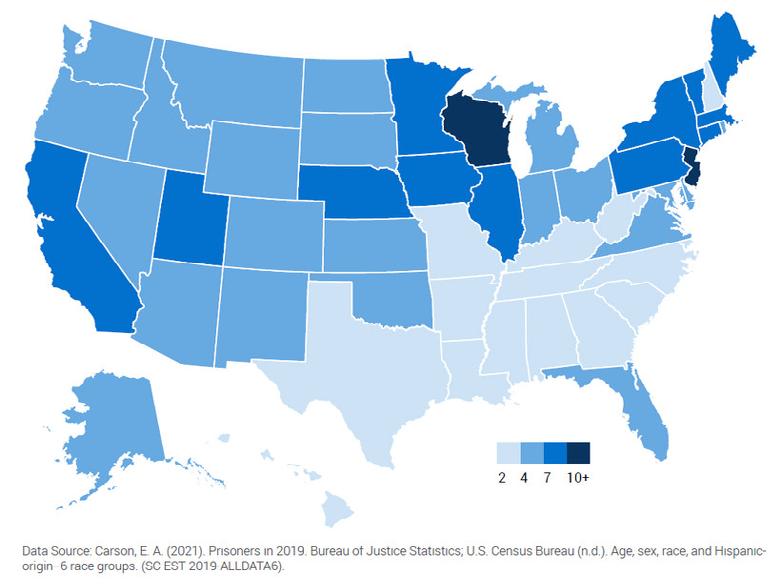
1 minute read
“I KNOW HOW THE POLICE DO”: INEQUITY IN THE POLICING OF BLACK PEOPLE
In Seven Guitars, the post-WWII world of Pittsburgh presents many challenges for the main characters, but one of the most relevant to our contemporary reality is the unjust policing reflected in the stories of the Black men in the play. Several characters reflect on past and present encounters with law enforcement in which their race seemed to factor heavily into their treatment. The inequity in treatment of Black people by law enforcement, but more specifically Black men, has been a social justice crisis for hundreds of years in America from slave patrols to the Civil Rights Movement to now. This topic has been brought to more stark light in recent years with the deaths of George Floyd, Breonna Taylor, Dontre Hamilton, and countless others which have led to extensive protesting and outrage, drawing attention to the injustice and social justice movements such as Black Lives Matter.
This topic is more complex and nuanced than we can possibly address in this PlayGuide, but it is a topic that is important in the play and to August Wilson, and continues to color our national identity.
• Between 1900-1950, racial disparities in Northern prison populations doubled.
• In the 1940s, the correctional institution system emerged in the North, but rehabilitative programming was reserved for incarcerated white people.
• During the Civil Rights Movement, many politicians made the false connection between rising social activism and street crime.
• In the 1970s, an exponential rise in mass incarceration began. In 1970, the U.S. prison population was 196,429; by 2022, it was over 1.2 million.
• While white people comprise 62% of the American population, they only represent 32% of the prison population, with almost all other ethnic and racial groups being overrepresented (2016).
• The rate of fatal police shootings of unarmed Black people in the U.S. is more than three times as high as it is among white people.
In Milwaukee And Wisconsin
• According to a 2021 report, Milwaukee Police Department conducts traffic stops on Black residents 9.5 times more often than white residents.
• The same report shares that Black Milwaukeeans are frisked at a rate 10 times higher than white residents.
• One in every 36 Black adults in Wisconsin is in prison (2021 The Sentencing Project report). Black people account for 6% of the Wisconsin populace, but 42% of the prison population. Black people are incarcerated at 12 times the rate of white Wisconsinites.
• Black Wisconsinites are 11.9% more likely to be imprisoned than white Wisconsinites.

• Wisconsin imprisons people of color at a much higher rate than the national average.
• Wisconsin spends 10.7% more on the corrections system than the national average.







